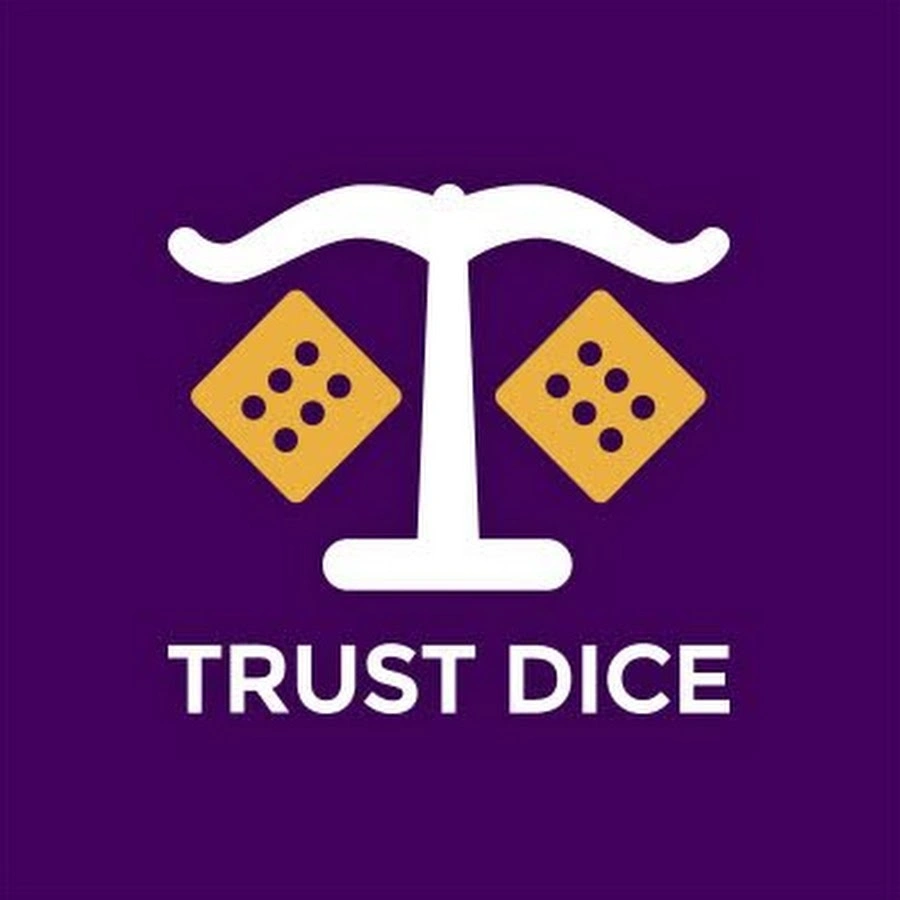Gambling age in Colombia
If you’re thinking about placing a bet while visiting Colombia, or even living here long-term, there are a few things you really need to know, starting with who’s legally allowed to play. Colombia’s taken some pretty big strides in regulating both land-based and online gambling, so it’s not a total free-for-all.
Whether you’re sitting at a blackjack table in Bogotá or logging into a sportsbook from Medellín, the rules apply, no exceptions, no friendly nods from the pit boss. Let’s walk through what you should keep an eye on before your pesos hit the table.
You must be 18 to gamble in Colombia
Here’s the baseline: the minimum gambling age in Colombia is 18. No shortcuts here. Whether you’re aiming for the slots, poker, bingo halls, or sportsbooks, you have to be of legal age to participate. It’s the law.
And yes, that goes for both physical locations and online platforms, age verification is part of the sign-up process for licensed operators, and they’re not known for flexibility. Show up underage, and you’re looking at a hard “no” from the bouncer, or worse, a real penalty.
Is online gambling legal in Colombia?
Quick answer? Yes, fully legal, as long as the operator is licensed. In fact, Colombia was ahead of the curve in Latin America. Back in 2016, the country set up a proper licensing system under Coljuegos, the national gambling authority.
Since then, quite a few sites have gone legit. When you’re browsing for a platform, double-check that it’s operated under a Colombian license. Otherwise, you’re technically stepping outside the law (even if the site looks polished). Legal sites will usually flaunt their Coljuegos badge, use that as your north star.
Gambling laws and regulations in Colombia
Colombian gambling law isn’t just a checklist, it’s a framework. All gambling operations (online and off) are regulated by Coljuegos, which also oversees taxation and ensures responsible gaming practices are in place. Operators need an official license, pay taxes on revenue, and follow strict guidelines on player protection.
They’re also required to contribute a portion of their proceeds to Colombia’s public healthcare system. It’s one of the more structured models in Latin America, which means if you stick with licensed venues, you’re playing on fairly solid ground.
Consequences of underage gambling in Colombia
Now here’s where it gets real. If you’re caught gambling underage, it’s not treated as a slap-on-the-wrist situation. At minimum, you’ll be ejected and possibly blacklisted from the venue or platform. In severe cases, especially if fake IDs or fraud are involved, legal actions can follow, including fines or charges.
Operators also risk losing their license if they’re found letting minors play, so you better believe they’re watching. Bottom line: It’s not worth trying to charm your way past this line.
Playing responsibly in Colombia
Like anything with stakes, gambling can slip into dangerous territory if you’re not careful. Colombia does its part via Corporación Juego y Niñez, a local organization that supports gambling addiction education and prevention.
They partner with Coljuegos to monitor risk patterns and promote safe practices across platforms. If you or someone you know is feeling the weight, reach out to them at juegoresponsablecolombia.com.co or call +57 1 742 8585. They’re trained for this. Gambling’s not evil, but it demands respect. Get a read on your own limits, stick to licensed sites, and play within the guardrails set for your safety. The games will be there tomorrow. Your peace of mind should be too.
Other South American Countries







